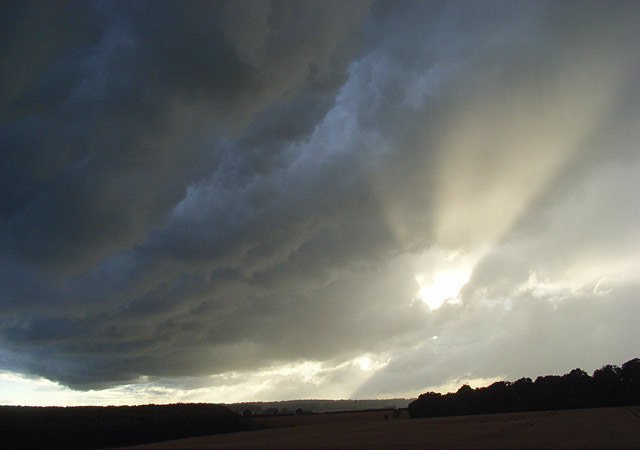The Change.
This name for peri/menopause has appeared in many cultures and has been passed down through the eons, generation to generation. I, myself, really like calling it The Change, as it describes the awe and magnitude of peri/menopause. The Change honors the call to attention, the rupture from the known, the reflective incubation, the life choices and the leap of faith that a conscious, mindful passage through peri/menopause requires. The Change encapsulates the seismic shifts, the unexpected turns, the disturbing reorientations, the annoying distractions, the unsummoned losses, and the depth of self-discovery that is available to every woman willing to answer the call and step into the initiatory potential of this passage to Eldership.
As I prepare my workshop (The Chrysalis and the Crone: A Conscious Menopause) to bring to the SMCR Conference next week, I find myself deeper and deeper in the reality of our contemporary, global culture and the crisis of the absence of rites and initiations. Specifically, how does it affect each and every one of us, that our experience is being defined only by our ‘symptoms’? What does it mean for us and our planet if we pay attention to the attempts of the psyche to guide us out of our work-a-day-lives and into discovering what else might be possible? What if we choose not to be thwarted by the unimaginative beliefs that the soul’s needs are unquantifiable and thus unimportant?
Marion Woodman describes this vacuum:
“The doors that were once opened through initiation rites are still crucial thresholds in the human psyche, and when those doors do not open, or when they are not recognized for what they are, life shrinks into a series of rejections. Torschlusspanik [a German word connoting the terror of disconnection] is now part of our culture because there are so few rites to which individuals will submit in order to transcend their own selfish drives. Without the broader perspective, they see no meaning in rejection. The door thuds, leaving them bitter or resigned. If, instead, they could temper themselves to a point of total concentration, a bursting point where they could either pass over or fall back as in a rite of passage, then they could test who they are. Their passion would be spent in an all-out positive effort, instead of deteriorating into disillusionment and despair“. (from Richard A. Heckler’s Crossing: Everyday People, Unexpected Events and Life Affirming Change, p. 134)
If this is true, then instead of suffering ‘symptoms’ and struggling, each of us, to suppress or get rid of these symptoms, we might consider peri/menopause as a collective imperative to initiate and embody change – in ourselves and our society. Peri/menopause might be the catalyst to shake us awake from our collective trance, to step away from our habituated notions of who we are and how our world is supposed to work.
Here’s the rub: change is pain. We are, for the most part, creatures of comfort. We like, for the most part, to be lulled. But our souls long for more, and at peri/menopause we can no longer ignore the small whisper, deep in our psyches, asking: “Is this it? Is this all there is?”
Change is afoot …



What a lovely piece of writing. Brilliant – Thank you Ashley – I cannot wait to hear more at the conference next week.
This is such a poignant statement: “our experience is being defined only by our ‘symptoms’.
This is the essence of the medicalization of the menstrual process – from puberty through menopause.
Thank you, Leslie.
Yes, it’s encouraging to contemplate beyond medicalization. And next week we get to do that together. I look forward to seeing what will emerge …